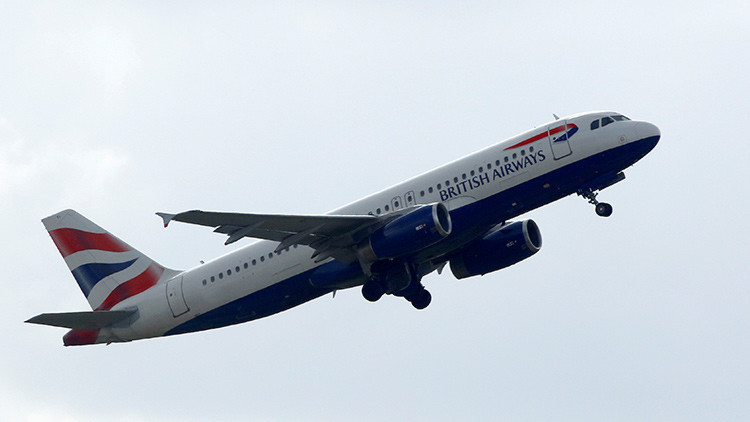The Boeing 777-200 was moments from takeoff at McCarran International Airport on Sept. 8 before what would have been a 10-hour journey when its left engine burst into flames sending smoke billowing and passengers fleeing.
All 157 passengers and 13 crew members on board the plane survived.
The firm`s partner James Healy-Pratt noted in a statement that the passengers don`t begrudge British Airways for the incident, saying "the pilots and cabin crew performed heroically in guiding the aircraft to an emergency stop," and evacuating everyone on board.
The National Transportation Safety Board has been investigating the cause but initial findings indicated the fire started with a spool, a key part that powers the plane, inside the left engine.
The lawsuit claims the plane was "defective and unreasonably dangerous," the companies knew the parts were prone to "fracture and failure," and that GE Aviation lobbied against more stringent inspections of the engines before the fire.
The law firm`s statement announcing the lawsuit notes a Federal Aviation Administration directive from 2011 that warned of cracks in weld joints of compressor fan spools in similar engines, but GE Aviation has said the directive didn`t apply to the engine that burst into flames because it had different parts and an arrangement.
Boeing spokesman Tom Kim said the company doesn`t comment on pending litigation.
GE Aviation spokesman Rick Kennedy said the company hadn`t seen the lawsuit and wouldn`t comment until it did. The company has been inspecting 38 other spools of a similar age and planned to inspect working engines, as well. The company has said the Las Vegas incident was the first engine failure of its kind.
He said the GE90 engine model "is among the most reliable jet engines in commercial aviation history. We continue to monitor and analyze the daily performance of more than 2,000 GE90 engines in airline service and we are not aware of any issues that would hazard the safe flight of aircraft powered by those engines."
The majority of the suing passengers are British but at least six are Americans and several others are from Ireland. Healy-Pratt said he expects the number of plaintiffs to grow to 100 passengers.
More about:
















































